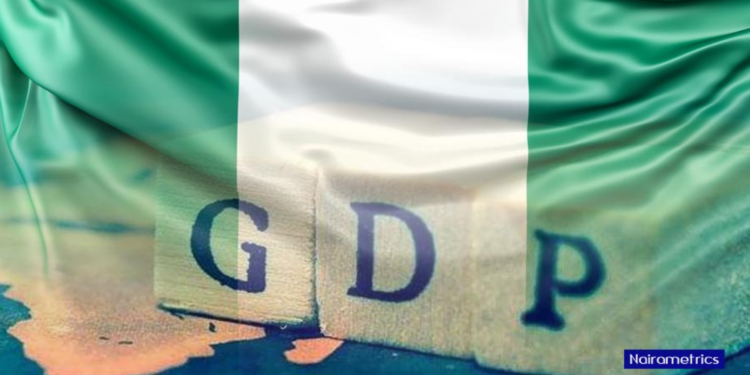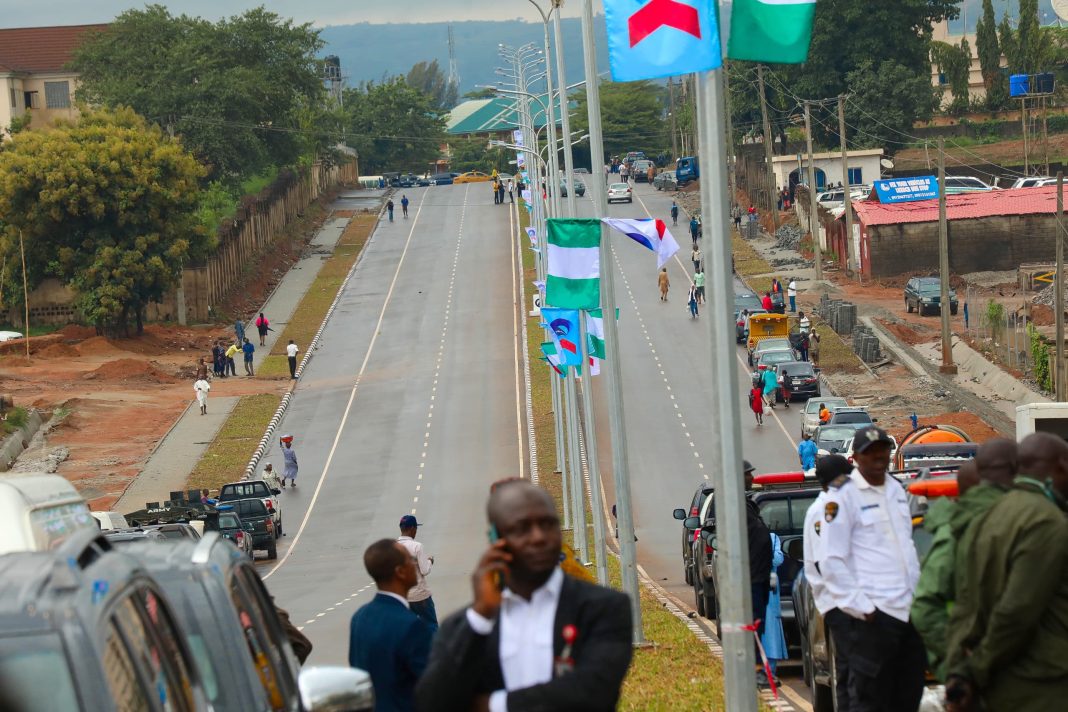The International Monetary Fund (IMF) has raised its forecast for Nigeria’s economic growth in 2025, projecting real GDP expansion of 3.4%, up from its earlier estimate of 3% in April. The updated outlook follows the IMF Executive Board’s conclusion of the 2025 Article IV consultation with Nigeria—a regular review of the country’s economic performance and policy direction.
The IMF attributed the improved forecast to increased domestic refinery activity, stronger oil production, and a resilient services sector. It noted that despite global economic uncertainties, Nigeria’s medium-term growth is expected to remain around 3.5%, underpinned by ongoing domestic reforms.
To sustain macroeconomic stability, the IMF advised Nigeria to maintain a neutral fiscal stance, prioritizing investments that drive growth and fast-tracking cash transfer programs to support vulnerable populations. The Fund cautioned that current growth rates remain insufficient to significantly reduce poverty, which affects nearly half of Nigeria’s population.
Praise for Reforms and Banking Sector Strengthening
The IMF applauded President Bola Tinubu’s recent signing of four tax reform bills, describing it as a vital move to enhance revenue generation and create room for development spending while keeping debt at sustainable levels.
It also acknowledged government efforts to reinforce the banking sector, including ongoing bank recapitalization measures. The IMF encouraged further actions to improve financial inclusion, develop the capital market, and implement risk-based supervision—particularly for mortgage lending, consumer credit, fintech, and cryptocurrency sectors.
Key Recommendations for Growth
The IMF emphasized that for Nigeria to achieve stronger, inclusive growth, authorities must tackle security challenges, reduce bureaucratic bottlenecks, boost agricultural productivity, and close infrastructure gaps—especially in electricity supply. It also highlighted the need for greater investments in health, education, and measures to promote private sector credit expansion.
The Fund welcomed Nigeria’s capacity development initiatives to support reforms and stressed that improving data quality is essential for sound, evidence-based policymaking.





